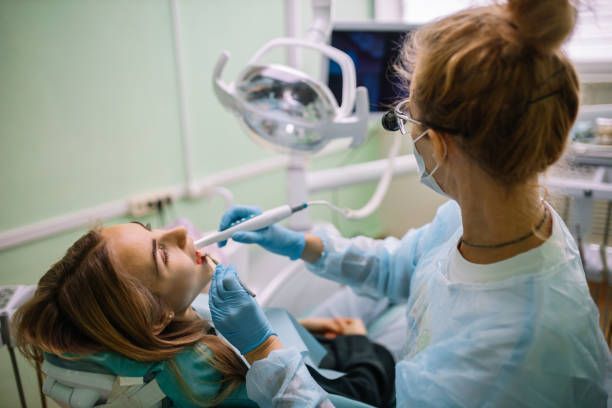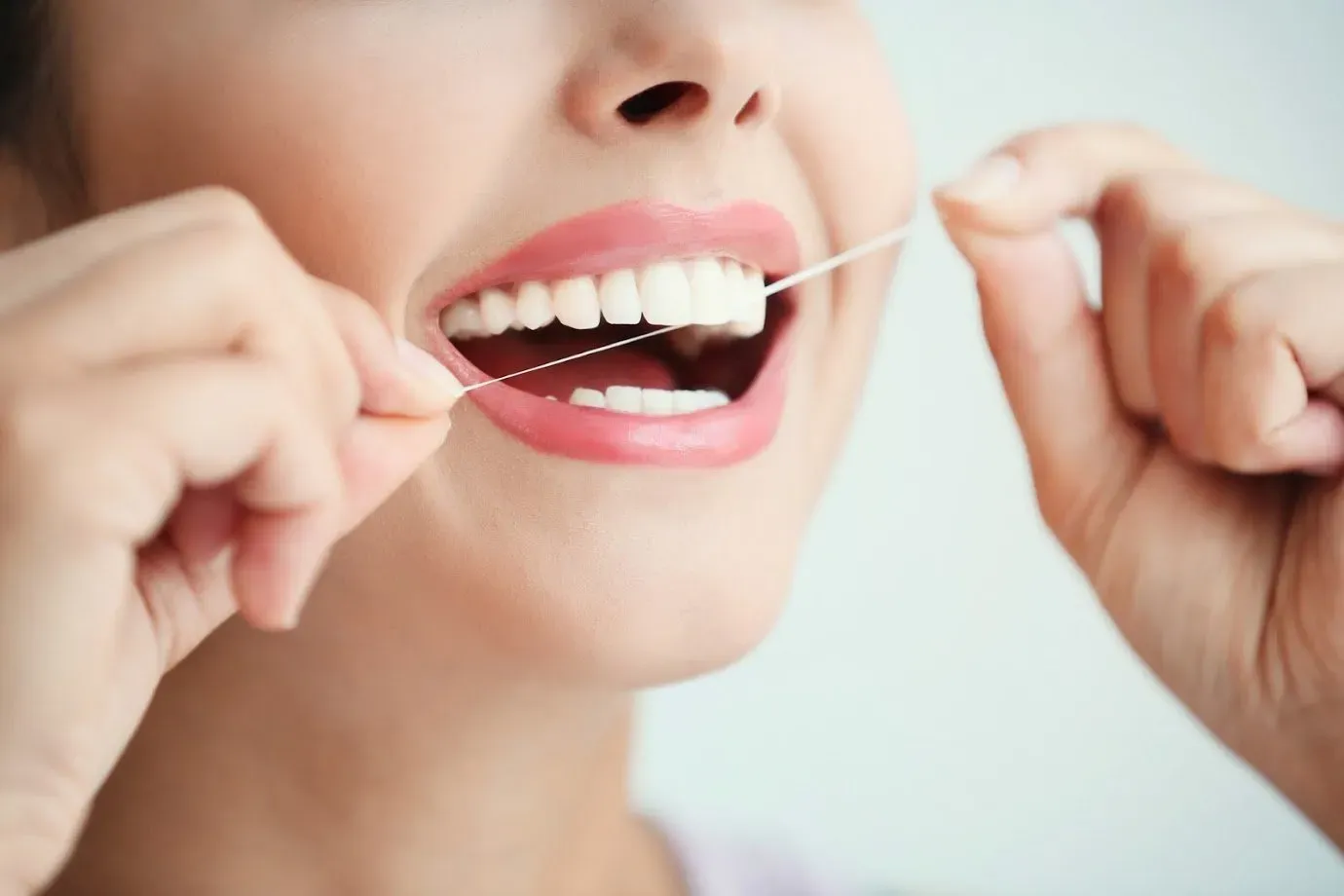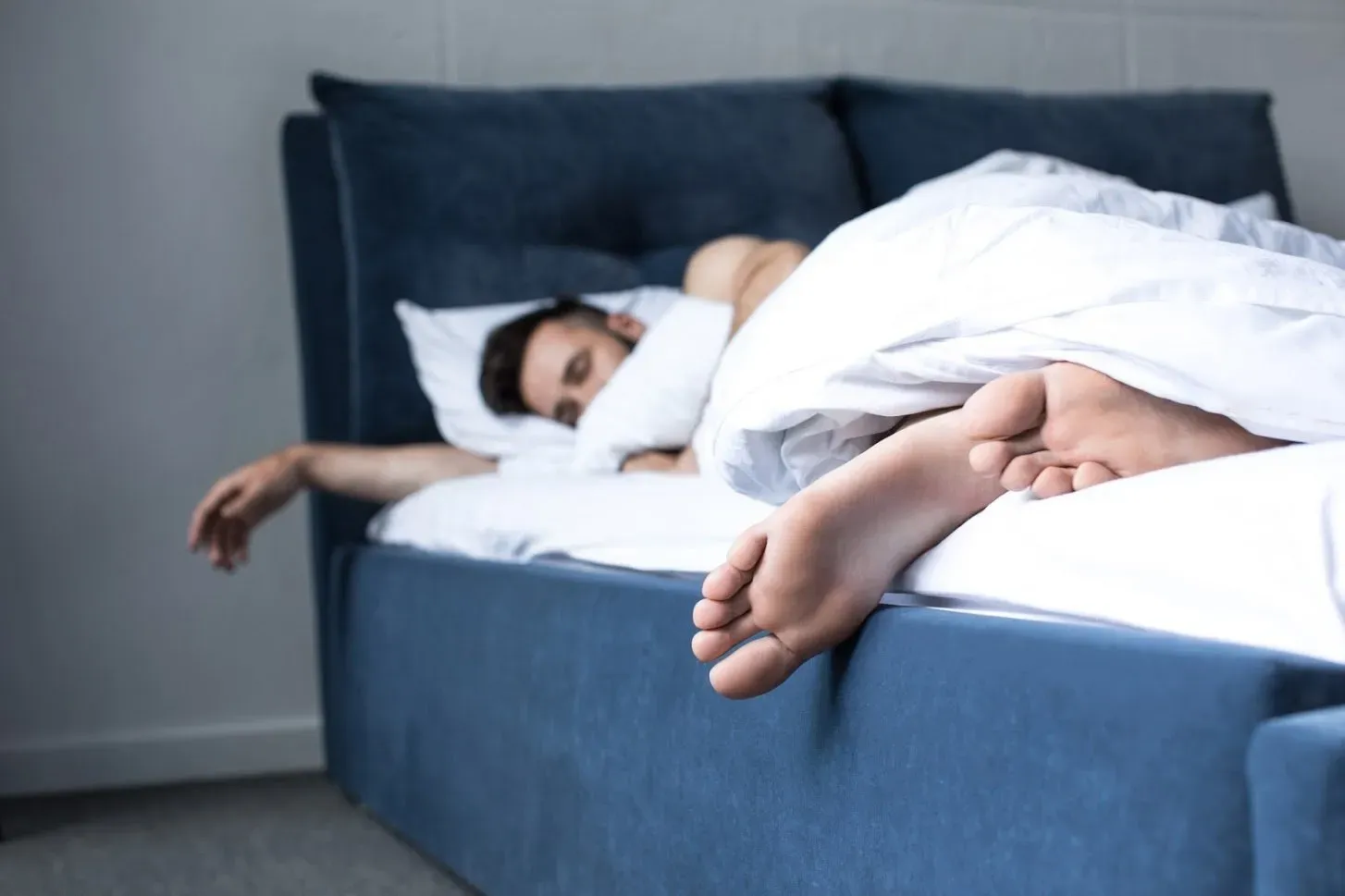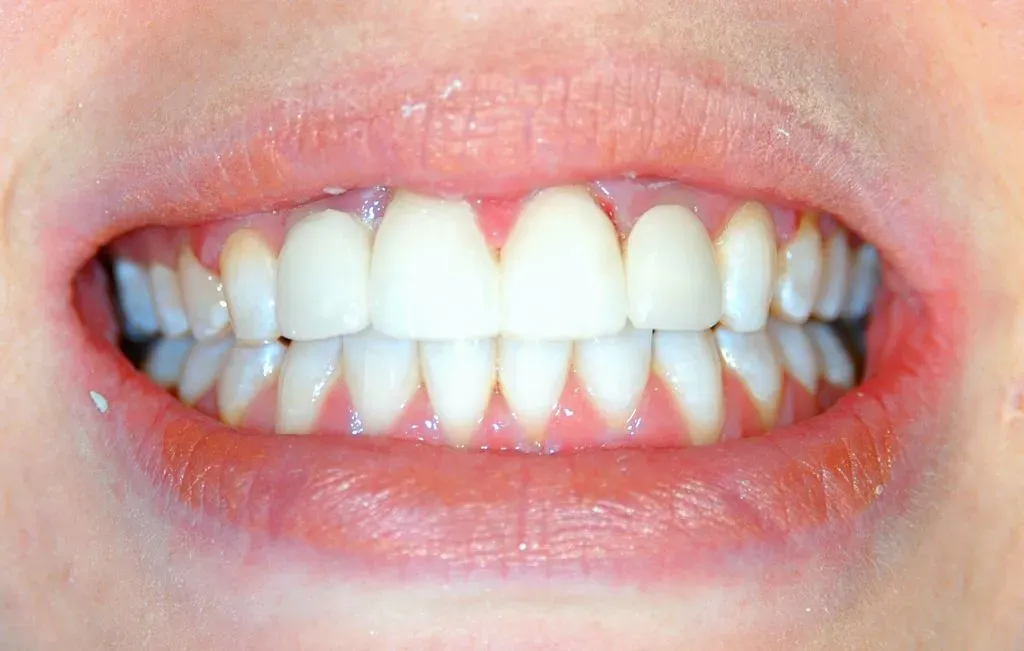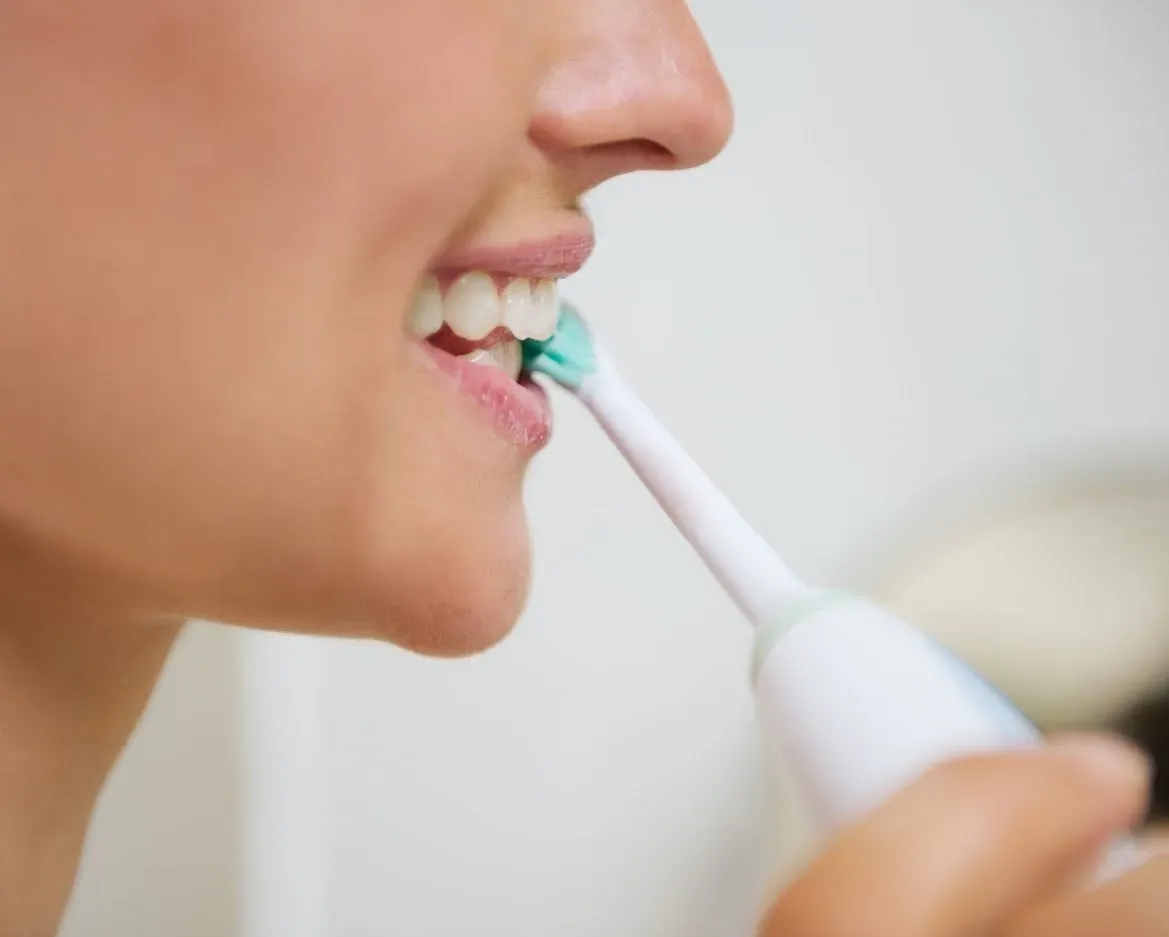Do You Need a Night Guard? Answer these 6 Questions to Find Out
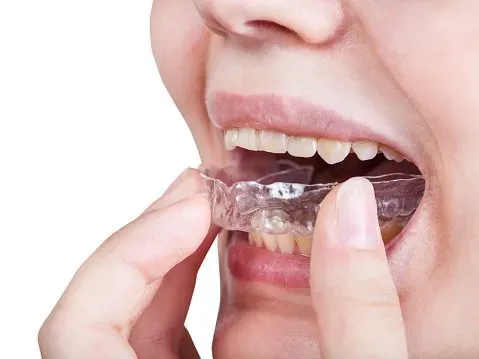
According to some estimates, as many as one in three adults suffer from some level of teeth grinding or bruxism. This condition does not currently have a reliable cure, but many patients find symptom relief through use of a dental night guard.
But how do you know if a night guard is right for you or if you even have a problem with teeth grinding?
In this blog, we pose six questions that can help you determine whether or not you should talk to your dentist about night guard options.
1. Do you experience teeth grinding?
First and foremost, you must determine whether or not you experience teeth grinding. Many of the symptoms of bruxism can appear due to other factors, but a night guard usually only helps those directly linked to grinding.
If you have a bruxism diagnosis or have woken up while grinding, you should consider a night guard. If you aren't sure if you grind your teeth, ask your dentist to look for signs during your next appointment.
2. Do you experience high levels of stress or anxiety?
For many patients, teeth grinding results directly from high levels of stress or anxiety. Even if you have bruxism, you may only experience moderate or light grinding when you are taking care of your mental health.
If, however, you suffer high stress levels due to your work, financial or family situation, you may want to consider a night guard to prevent the damage caused by grinding.
3. Do you often wake up with jaw or tooth soreness?
While some patients wake up during grinding, most don't know that it's happened overnight. In order to determine how often and how intensely you grind, pay attention to the symptoms you have when waking up.
If you experience jaw stiffness, tooth soreness or both, you may have ground your teeth the night before. If this occurs frequently, you may want to try a night guard.
4. Do you wake up with headaches or jaw tightness?
Some studies suggest a link between both migraine headaches and thermo mandibular joint (TMJ) disorders and bruxism. If you experience any combination of these three conditions, a night guard may help relieve your symptoms.
Even if you don't have any diagnosed conditions, bruxism may give you headaches and limited jaw motion. Pay attention to how frequently these symptoms occur in the morning.
5. Have you noticed teeth movement or wear?
Severe or long-term bruxism wears down the surfaces of your teeth and can even cause teeth movement. If you notice a change in enamel texture, chips, cracks or overnight tooth position changes, schedule an appointment with your dentist.
These forms of damage can cause tooth sensitivity and an increased risk of tooth decay if left untreated.
6. Have you tried other common solutions of Bruxism?
Night guards do not represent the only treatment for bruxism. Before creating a custom night guard, your dentist may ask you to try other common solutions.
These recommendations or procedures may include any of the following:
- Avoidance of stimulants, such as caffeine
- Cessation of smoking, especially right before bed
- Change of medication, such as antidepressants
- Stress prevention techniques
- Teeth misalignment correction
Your dentist's suggestions for you will depend on your medical history and health. No one solution perfectly fits every patient.
If you answered yes to most or all of these questions, address your concerns with your dentist during your next scheduled appointment. You are likely a good candidate for a custom night guard.
The right guard can help you sleep better, smile more easily and protect your teeth. Talk to your dentist about a night guard today.
For more information about oral health and dental treatment options browse our blog section.

